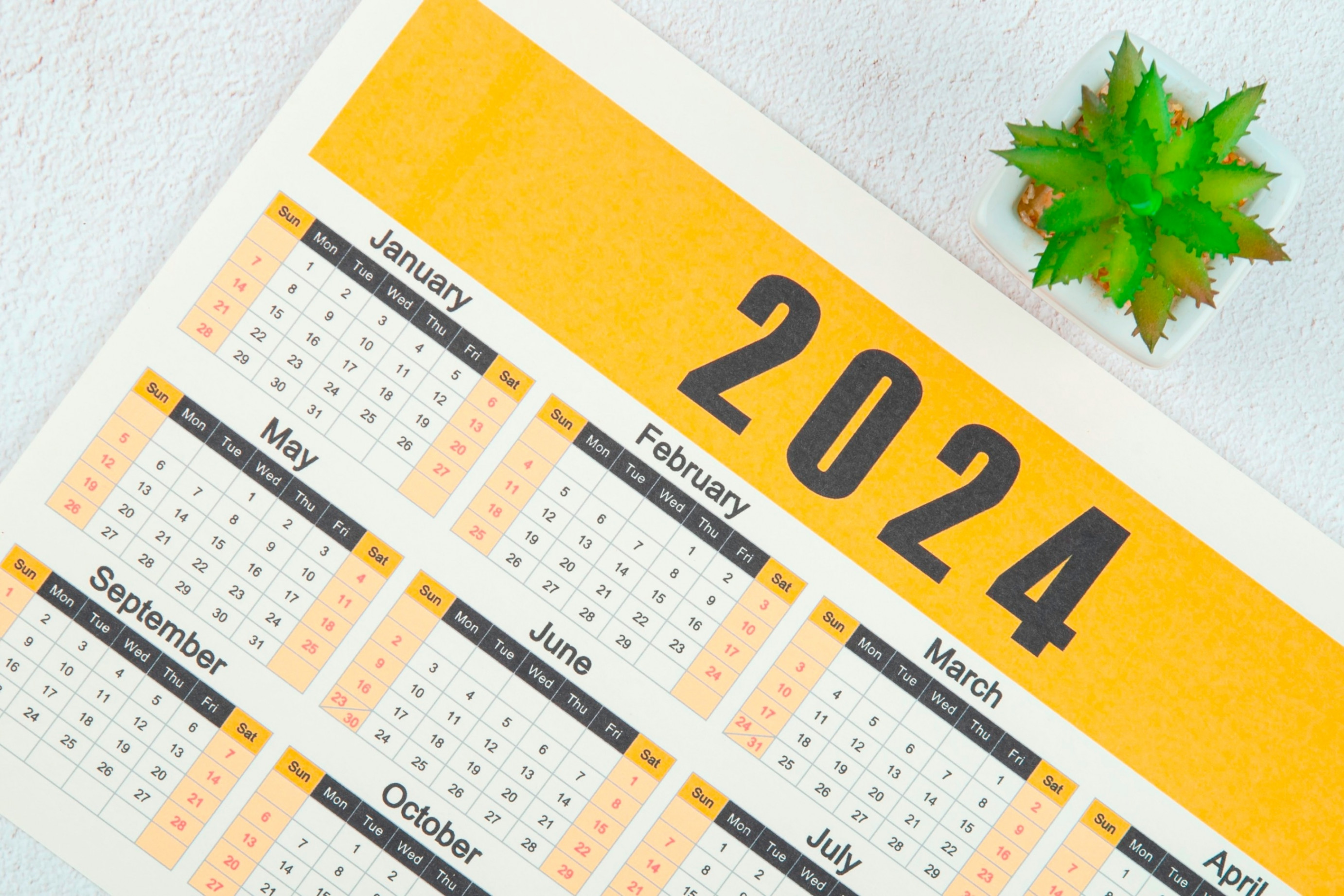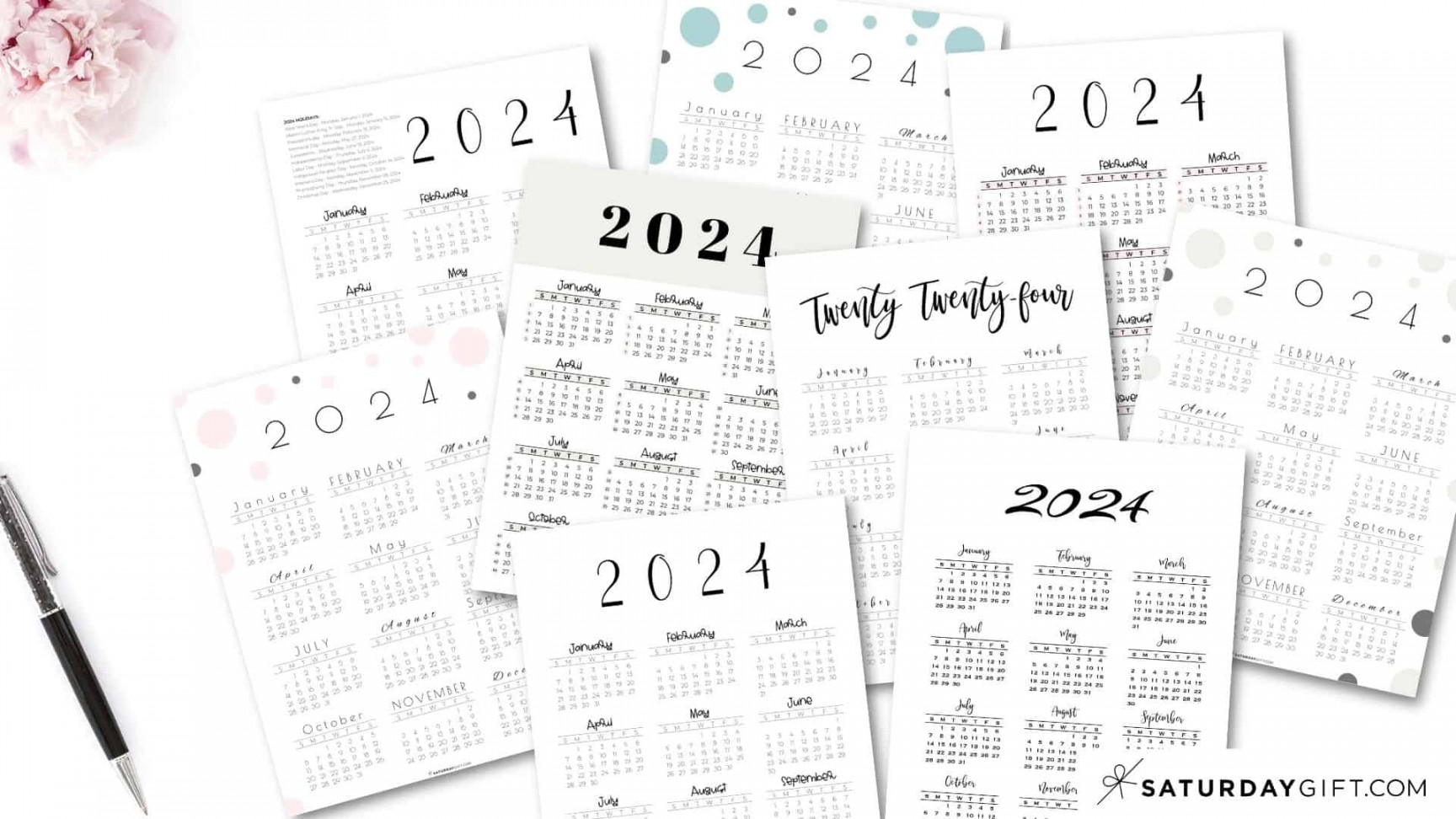Calendar variations explain dates of holidays
Dear Rabbi Gellman: As a Greek Orthodox Christian, it seems I’ve been explaining all of my life to other Christians why we celebrate what we commonly refer to as Pascha, oftentimes much later than “Western” Christians.

The Orthodox only celebrate the first Sunday following the completion of the Jewish Passover.
The anticipation of our ultimate Pascha via a plethora of Holy Week services is literally an exhortation and total focus on Christ’s resurrection from the dead and that, in a nutshell, is our Passover.

As we Greeks say, Kalo Pascha, may we all participate in and celebrate a Great Pascha! — From J in Kankakee, Illinois
MG: You bring up an important dimension of how religions define themselves
By having a different calendar we define a different religion because to observe a holiday on one day that is not a holiday in another faith is a decisive and permanent split. For example, Christianity separated itself from Judaism by making the Sabbath day Sunday and not Saturday.
The main issue is whether a sacred day is calculated based on the lunar calendar or the solar calendar. Christmas is always on Dec. 25, but Easter is always linked in some way to the time of Passover because of the Christian teaching in Luke that the Last Supper of Jesus and the disciples was a Passover meal.
Passover, like all Jewish holidays, is calculated on a lunar calendar, which is roughly 11 days shorter than the solar year. What this means is that if no adjustments to the calendar are made, Passover, a springtime holiday, would eventually fall during the dead of winter and that would violate its springtime essence. So, to fix this, every four years an additional month of Adar is added to the Jewish calendar to keep Passover in the spring.
Now, because Easter is tied to Passover, it must also be adjusted to keep it near Passover. This is why your branch of Christianity, Greek Orthodox, simply made the ruling that Pascha falls on the Sunday after Passover whenever that is. The non-Orthodox Christian calculation for the date of Easter is to select the first Sunday after the full moon that occurs on or after the spring equinox. If the full moon falls on a Sunday, then Easter is the next Sunday.
We are now in the holy month of Ramadan for Muslims, and Ramadan is calculated on a pure lunar calendar because it is not associated with any seasonal event but rather to the event of the pilgrimage of the prophet Muhammad from Mecca to Medina.
Let me wish you a Kalo Pascha, and for our Muslim brothers and sisters a Ramadan Mubarak, and for our Christian friends a Happy Easter and for our Jewish readers (!) a zissen Pesah.
May this season of renewal help us all to remember that the ways we are different are so much less important than the ways we are all the same.
SEND QUESTIONS AND COMMENTS to The God Squad at [email protected] or Rabbi Marc Gellman, Temple Beth Torah, 35 Bagatelle Rd., Melville, NY 11747.